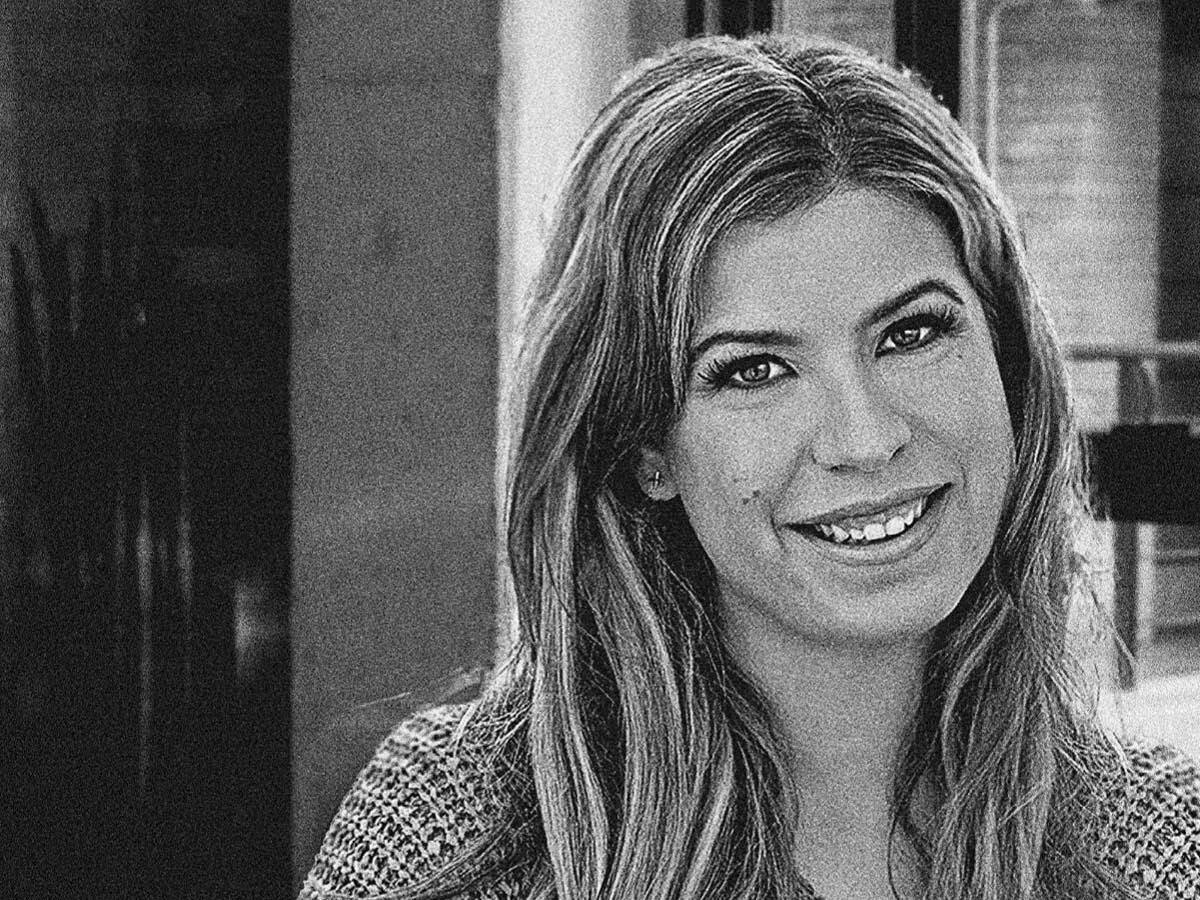Ali Urman has been fascinated by medicine since an early age. She focused on epidemiology and biostatistics at university before taking up research positions at the Memorial Sloan Kettering Cancer Centre and Montefiore Health System.
Driven to explore the intersection between medicine and technology, Urman worked at IBM’s artificial intelligence (AI) programme, where she helped develop a clinical decision support system called Watson for Oncology.
The combination of Urman’s healthcare and technology experiences provided the perfect springboard for her transition to investment research. “It was really helpful because it helped me to better understand companies that work or do not work based on certain factors of being in the business,” she tells Opto Sessions.
LISTEN TO THE INTERVIEW:
Urman’s career trajectory eventually landed her a job at Ark Invest as a genomics analyst. “I really wanted to be somewhere where I felt that I could make changes,” she explains.
As a genomic analyst on the ARK Genomic Revolution ETF [ARKG], she specialises in finding disruptive companies that have specific cost declines.
“DNA sequencing certainly has had a specific cost decline and certainly has been disruptive in so many ways. Essentially, it went from being $100,000 to sub-$1000 in two decades, which is one of the most rapid declines I’ve ever seen.
“Sequencing has become affordable. Therefore, it becomes clinically meaningful to the patient, which is ultimately the most important thing. As cost declines, there’s this inflexion in demand, and this could also increase adoption,” Urman says, adding that she expects the number of whole human genome sequencing per year to scale up 110% at an annual rate – from 2.6 million in 2019 to circa 105 million in 2024.
“Sequencing has become affordable. Therefore, it becomes clinically meaningful to the patient, which is ultimately the most important thing. As cost declines, there’s this inflexion in demand, and this could also increase adoption”
She expects potential revenues to scale up just as fast, from $3.5bn in 2019 to $21bn in 2024. “Sequencing the first human genome cost about $1bn, and it took about 13 years to complete. Today, it costs hundreds to thousands, and it takes just one to two days.”
Next-generation sequencing is also converging with other technologies like AI, which is reducing time to market, and CRISPR gene editing, which has the potential to cure diseases.
“Currently, we have 10 therapies that have been approved to date, and we anticipate that if we adjust for this typical trial failure rate that we’re talking a lot about, the potential commercialisation could be about 170 new therapies in the next decade,” Urman considers.
To hear more insights from Urman about the genomics market, listen to the full episode on Opto Sessions.
And for more ways to listen:
Listen to the full interview and explore our past episodes on Opto Sessions.
Disclaimer Past performance is not a reliable indicator of future results.
CMC Markets is an execution-only service provider. The material (whether or not it states any opinions) is for general information purposes only, and does not take into account your personal circumstances or objectives. Nothing in this material is (or should be considered to be) financial, investment or other advice on which reliance should be placed. No opinion given in the material constitutes a recommendation by CMC Markets or the author that any particular investment, security, transaction or investment strategy is suitable for any specific person.
The material has not been prepared in accordance with legal requirements designed to promote the independence of investment research. Although we are not specifically prevented from dealing before providing this material, we do not seek to take advantage of the material prior to its dissemination.
CMC Markets does not endorse or offer opinion on the trading strategies used by the author. Their trading strategies do not guarantee any return and CMC Markets shall not be held responsible for any loss that you may incur, either directly or indirectly, arising from any investment based on any information contained herein.
*Tax treatment depends on individual circumstances and can change or may differ in a jurisdiction other than the UK.
Continue reading for FREE
- Includes free newsletter updates, unsubscribe anytime. Privacy policy


